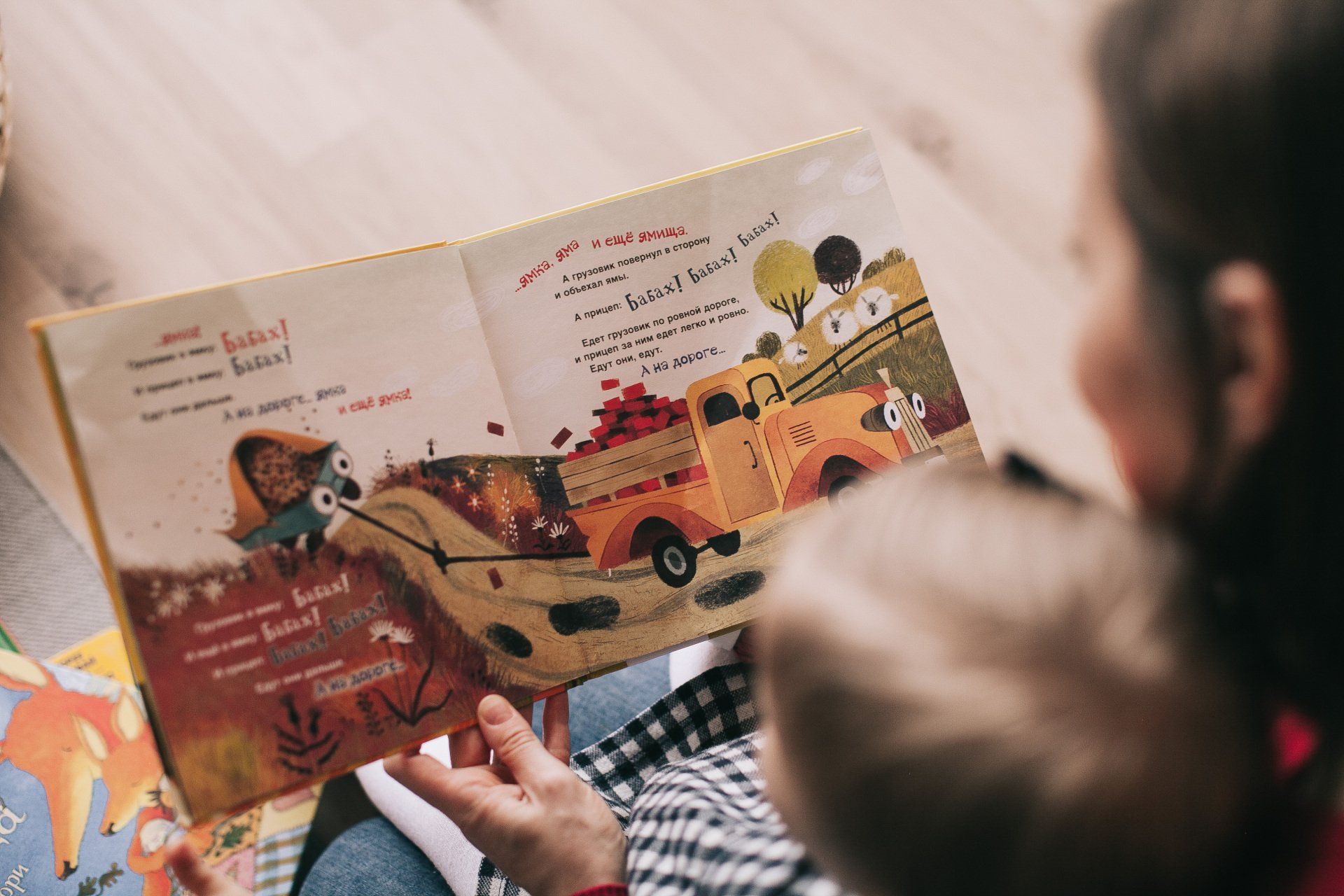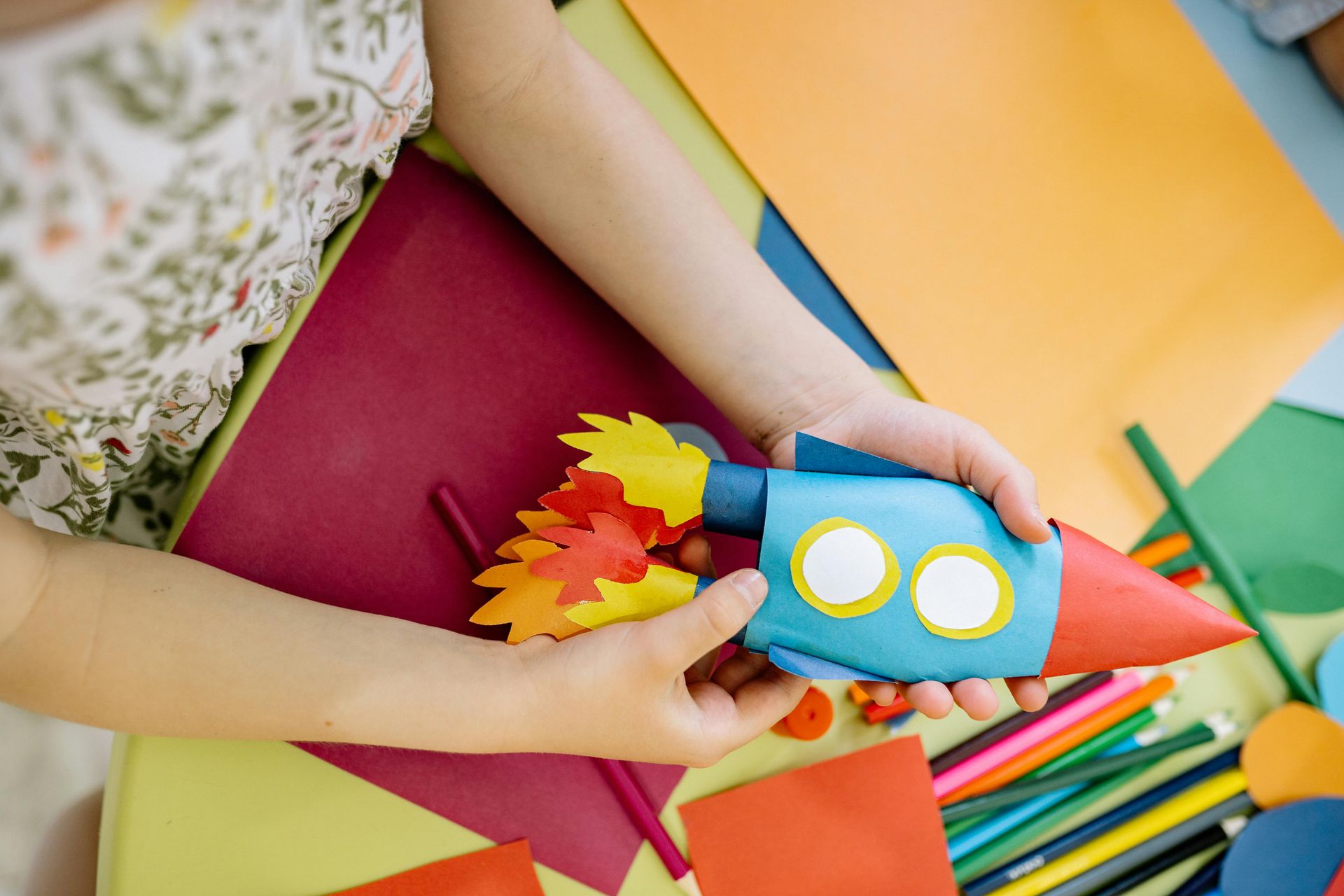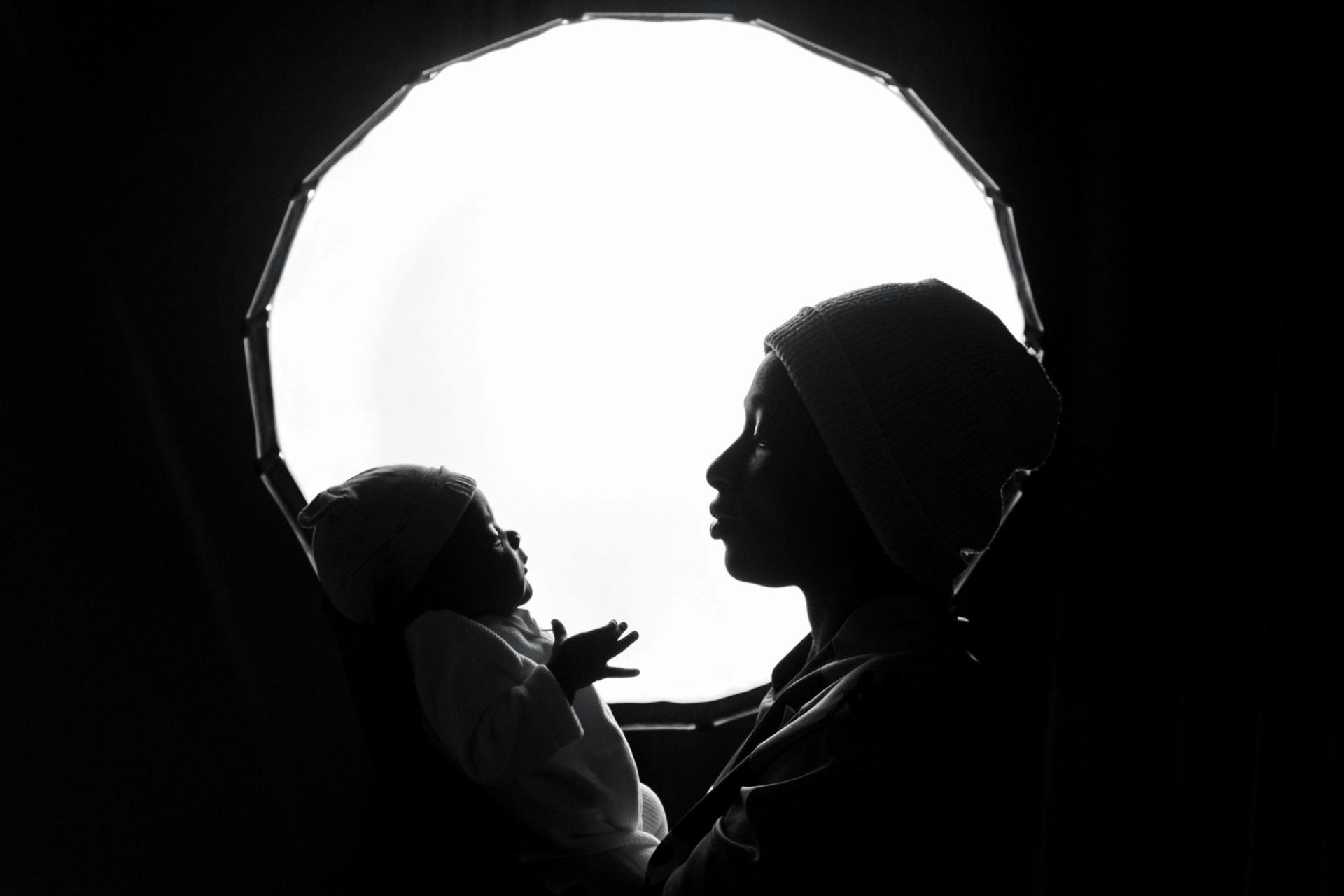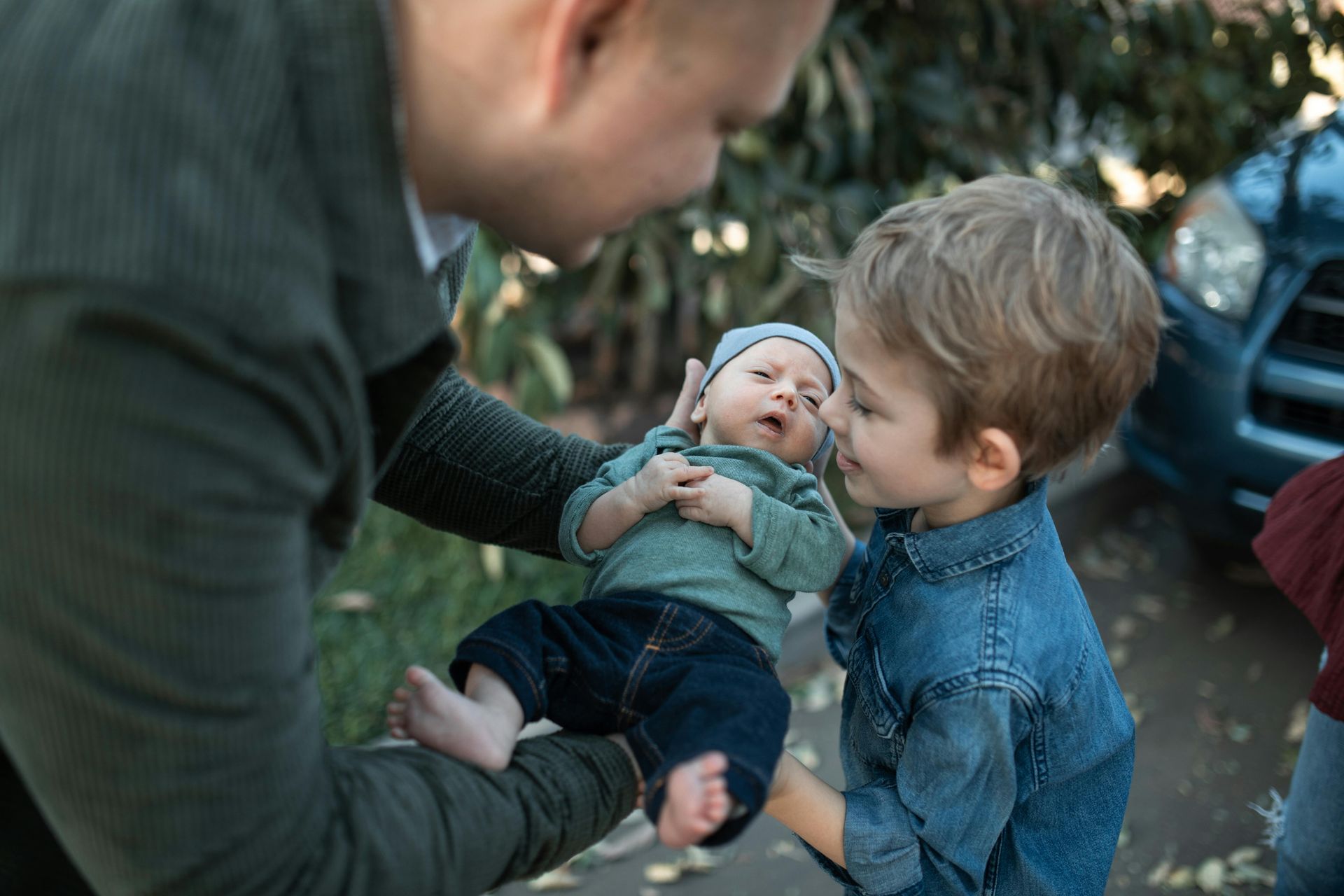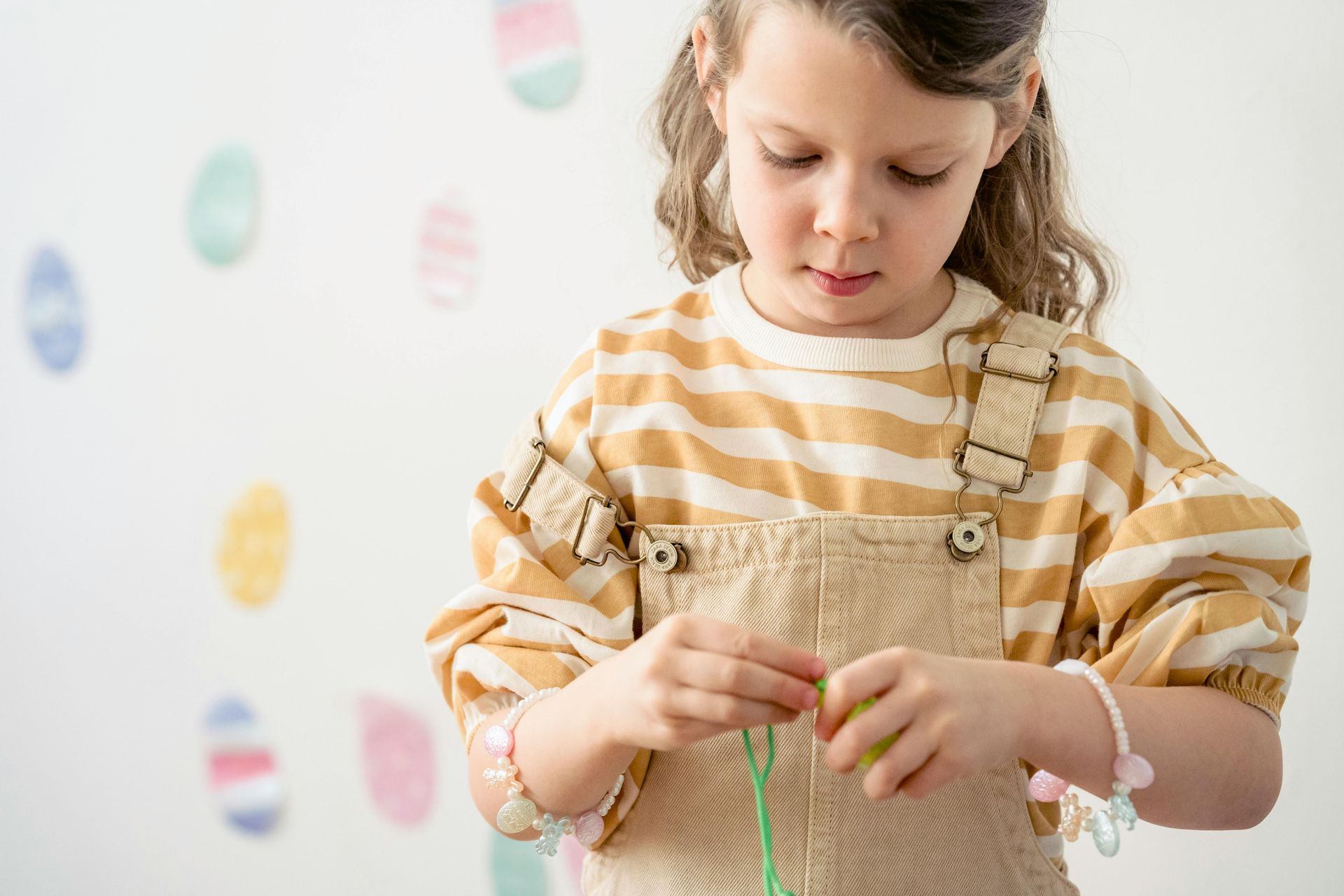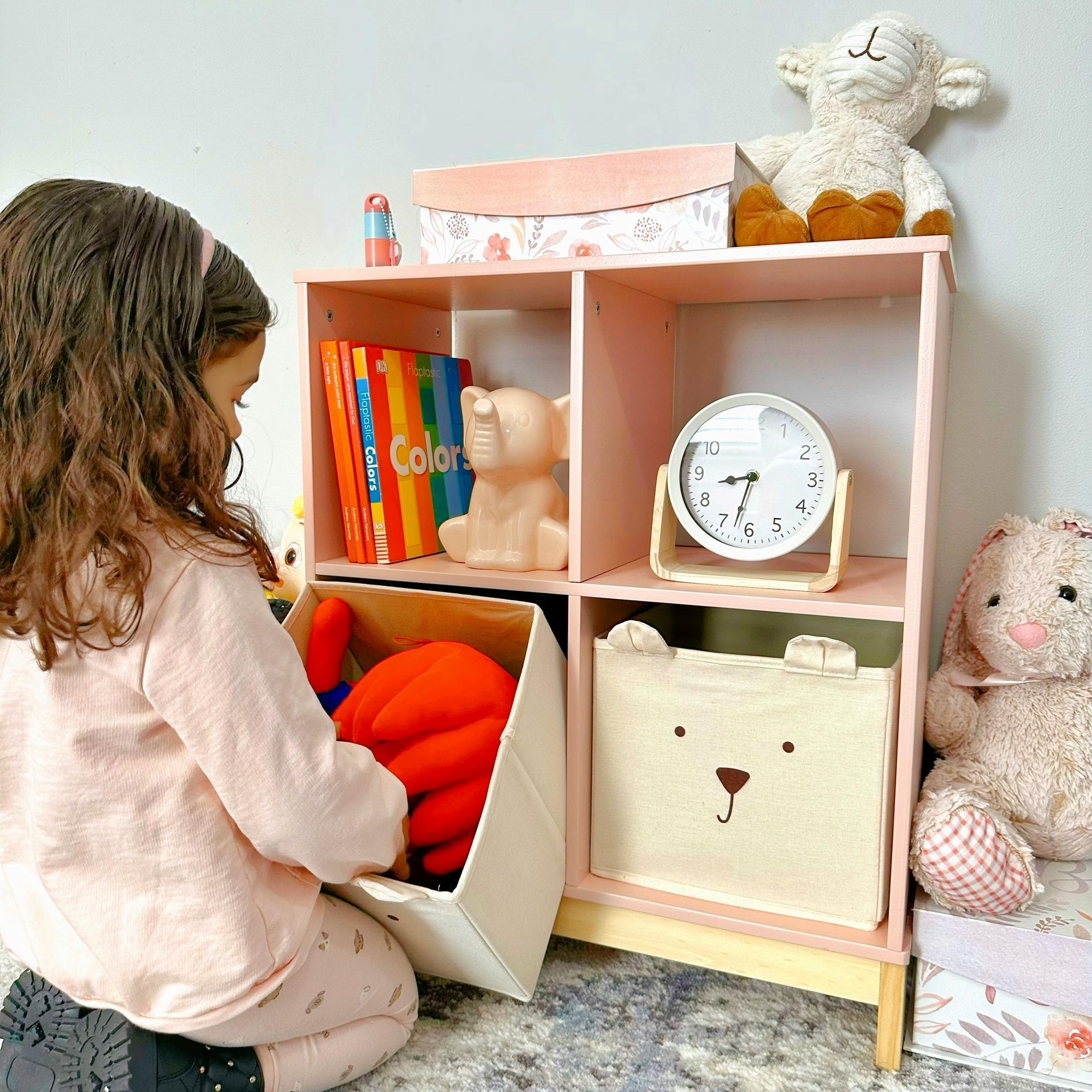The Science of Curiosity: How We Spark a Lifelong Love of Learning
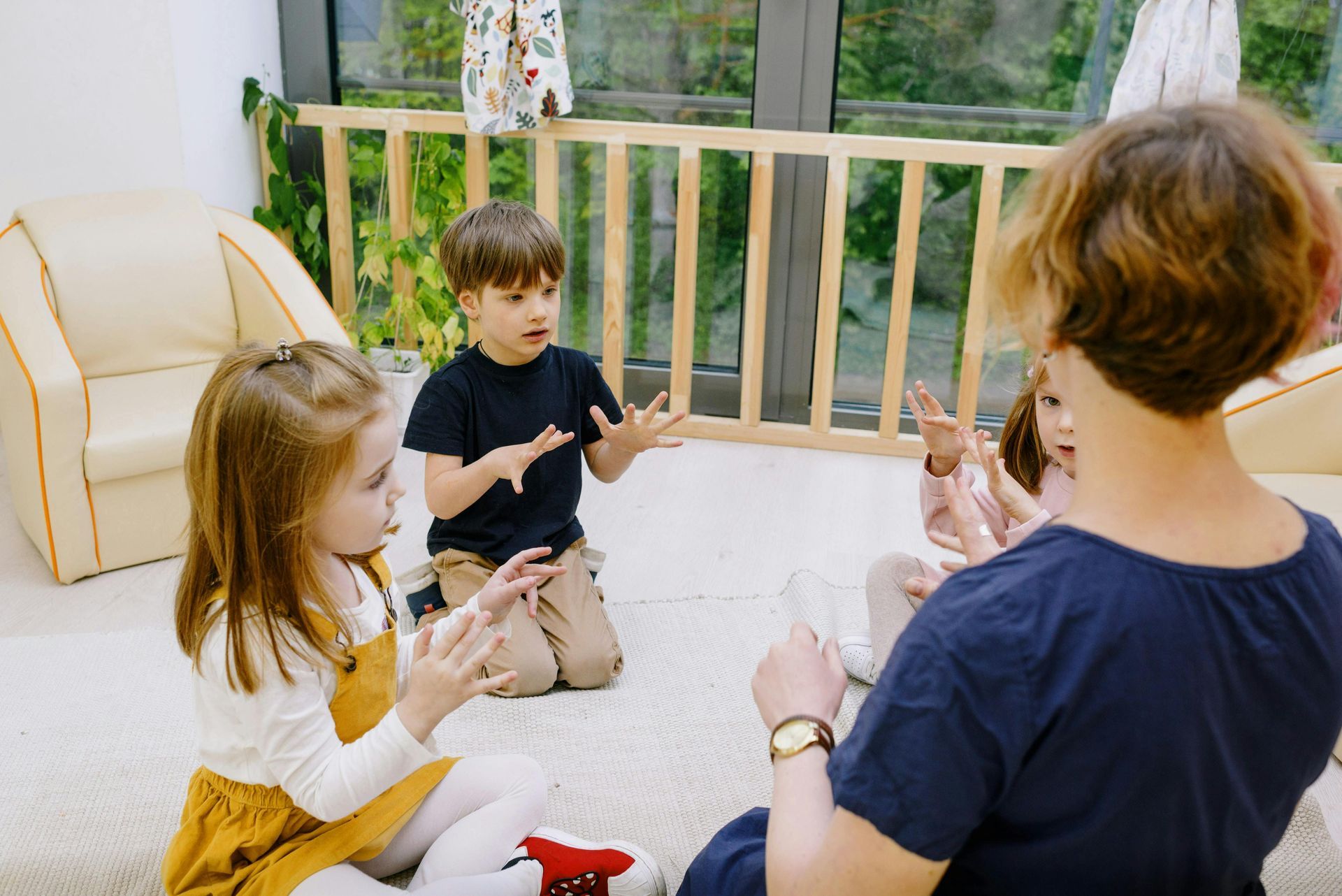
Curiosity is the engine that drives learning. It’s that internal spark that makes a child ask “Why?” and keep exploring until they find an answer. At Early Education Station Orlando, we don’t just welcome curiosity—we cultivate it. Our approach is grounded in the belief that children learn best when they’re engaged, intrigued, and encouraged to discover the world around them.
In this blog post, we’ll explore the science behind curiosity, why it’s essential for lifelong learning, and how we intentionally design our environment, curriculum, and interactions to nurture this critical trait.
Understanding Curiosity: A Natural Drive to Learn
From the moment babies start reaching for objects or reacting to new sounds, curiosity is at work. Research shows that curiosity is deeply linked to brain development, especially in the areas responsible for memory, attention, and problem-solving. In fact, when children are curious, their brains release dopamine—a chemical that not only makes them feel good but also helps them retain information.
This means that when a child is truly curious, they’re more likely to engage deeply and remember what they’ve learned.
Creating an Environment That Encourages Exploration
At Early Education Station Orlando, our classrooms are intentionally set up to invite exploration. We know that children are more likely to ask questions and seek answers when they’re in a space that encourages discovery. Here’s how we design our learning environments to spark curiosity:
- Learning centers with rotating materials that challenge children to explore new ideas, from nature tables to sensory bins
- Open-ended play areas where there’s no “right” way to play—just opportunities to experiment
- Accessible bookshelves filled with engaging nonfiction and fiction titles on topics children can connect with
We also use visual prompts like question boards or interactive posters that encourage children to think more deeply and express their wonder.
Our Role as Educators: Facilitators, Not Just Instructors
In a curiosity-driven classroom, the teacher isn’t the sole source of knowledge—they’re a guide. Our educators are trained to listen, observe, and respond to children's interests in ways that deepen their understanding. For example:
- When a child asks, “Where does the rain go?” we don’t just answer—we ask follow-up questions, introduce water cycle models, or take a nature walk after a storm.
- If a group of children becomes fascinated with insects, we build a mini-unit around bugs—reading about them, observing them, and even creating bug habitats.
By building learning experiences around children’s questions, we honor their natural drive to know more and turn their interests into meaningful learning opportunities.
Integrating Curiosity Across All Subjects
Curiosity isn’t limited to science or discovery time—it’s a mindset that can be infused into every subject. Here’s how we incorporate curiosity into different areas of our curriculum:
- Literacy: Asking predictive questions during storytime, encouraging children to create their own endings or imagine how characters feel
- Math: Presenting real-world problems that encourage children to explore different solutions (“How many cups of sand fill this bucket?”)
- Art: Offering a wide variety of materials and asking open-ended questions like “What would happen if you mix these colors?”
- Physical play: Encouraging children to try new movement challenges and think critically about how to solve them
Every moment of the day becomes an opportunity for curiosity to thrive.
Encouraging Questions Without Pressure
Many children begin to hesitate asking questions as they grow older—often out of fear of being wrong or not knowing the answer. At Early Education Station Orlando, we actively work against this trend by creating a culture where every question is welcomed, and there’s no such thing as a “silly” one.
We normalize phrases like:
- “That’s an interesting thought—let’s find out together.”
- “I’m not sure, but let’s look it up!”
- “That’s a great question—what do you think?”
This approach helps children stay confident in their ability to inquire, even when they don’t yet have the answer.
Fostering Independent Thinking
Curiosity is more than just asking questions—it’s about developing the skills to seek out answers. We encourage independent exploration by:
- Providing
research tools like magnifying glasses, clipboards, and picture dictionaries
- Teaching basic skills like observation, comparison, and classification
- Allowing children to choose some of their learning paths based on personal interests
We want our students to grow up not just being curious, but knowing how to investigate and solve problems on their own.
The Role of Families in Supporting Curiosity
Curiosity doesn’t end when children leave the classroom. We partner with families to encourage a culture of inquiry at home by:
- Sharing “conversation starter” questions related to classroom themes
- Suggesting local outings that support ongoing learning (e.g., nature trails, museums, or science centers around Orlando)
- Encouraging parents to follow their child’s interests and co-discover new topics together
By extending curiosity into the home, we help reinforce its value and strengthen the learning loop between school and family.
The Long-Term Benefits of Nurturing Curiosity
Children who are encouraged to be curious often become adults who:
- Are motivated, self-directed learners
- Adapt easily to change
- Approach new challenges with creativity and confidence
- Seek out knowledge in every stage of life
Curiosity is the root of lifelong learning—and it’s a trait that stays with children long after they’ve left our classrooms.
Discover how we help young learners find their voice and the role physical play has in shaping young minds in Nurturing Confidence: How We Help Young Learners Find Their Voice at Early Education Station Orlando and Learning Through Movement: How Physical Play Shapes Young Minds at Early Education Station Orlando.
Conclusion
At Early Education Station Orlando, we don’t believe in cookie-cutter learning. We believe in sparking wonder, chasing big questions, and nurturing every child’s natural desire to understand the world. When curiosity is encouraged, learning comes alive—and that’s what makes education meaningful and lasting.
If you’re looking for a preschool that values your child’s curiosity as much as you do, we’d love to welcome you to our learning community.

